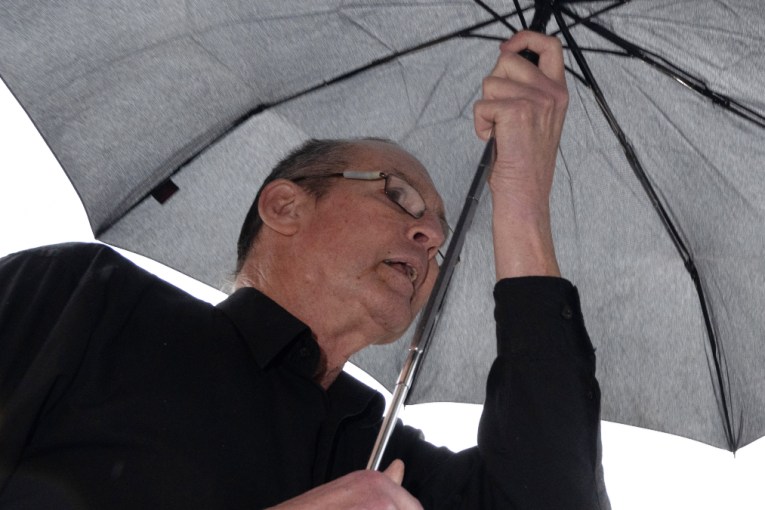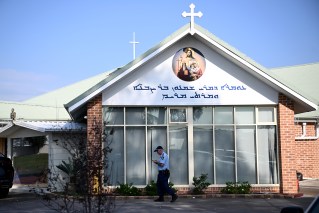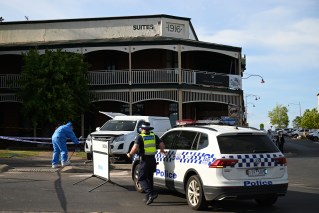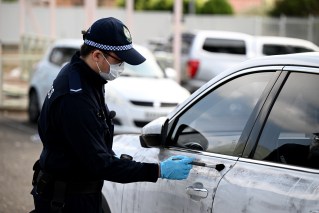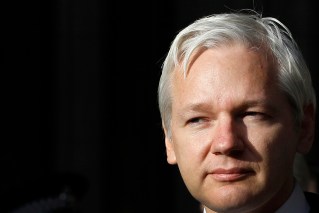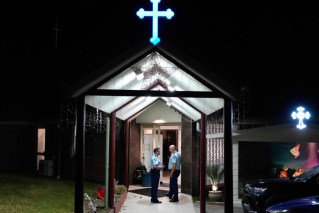COVID terminates infamous Russian ‘radioactive assassin’ Dmitry Kovtun
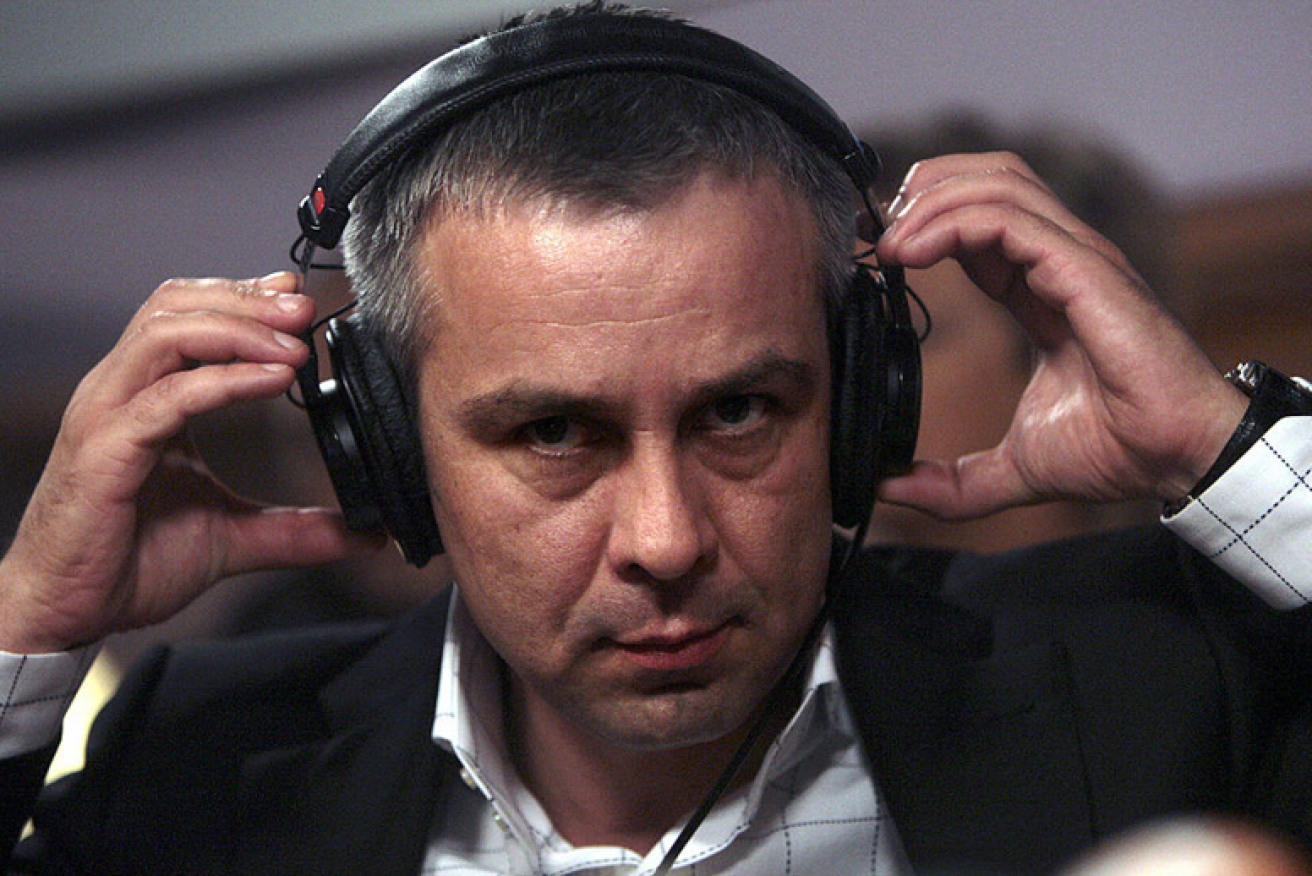
Though never tried, Dmitry Kovtun was widely acknowledged as the Kremlin agent who poisoned defector Alexander Litvinenko with plutonium.
Almost 16 years after the poisoning of Russian defector Alexander Litvinenko in London, Dmitry Kovtun, the person accused by the British judiciary of the crime, is dead.
The businessman died of a coronavirus infection at the age of 57, the Russian state news agency TASS reported on Saturday.
Kovtun, who had lived in Germany for a time, allegedly killed Litvinenko with the radioactive poison polonium 210. Andrey Lugovoy, who is also a suspect and a member of parliament in Russia, confirmed the death on his Telegram messaging channel.
“My close and loyal friend Dmitry Kovtun has passed away prematurely. This is an irreplaceable and heavy loss for us,” Lugovoy said.
He and Kovtun are suspected by the British judiciary of killing former Russian intelligence agent Litvinenko in 2006 with the radioactive substance polonium 210.
Litvinenko, a harsh critic of President Vladimir Putin, accused the Russian leader from his hospital bed of being behind the assassination. He died in November 2006 in agony as a result of radiation poisoning.
Radioactive footsteps
The pictures of the visibly scarred radiation victim went around the world at the time. Kovtun, Lugovoy and the Russian authorities denied having anything to do with the death.
The former secret service agent Lugovoy and Kovtun had met Litvinenko for tea at the Millennium Hotel in London’s fashionable Mayfair district. There Litvinenko, who was considered a traitor in the Kremlin, was poisoned, according to a British investigation report.
Before the attack, Kovtun had visited his German ex-wife in Hamburg and, as it later turned out, left a trail of polonium through the city.
The officer had applied for asylum in Germany in 1991. Like Lugovoy, he returned to Russia after the crime and evaded British justice. The British arrest warrants against him and Lugovoy could never be executed.
Litvinenko was one of the Kremlin’s harshest critics. Among other things, he had accused the domestic intelligence service FSB, for which he had worked, of being responsible for bomb attacks on residential buildings in Russia, which were intended to provide a pretext for the second Chechen war in 1999.
-AAP
